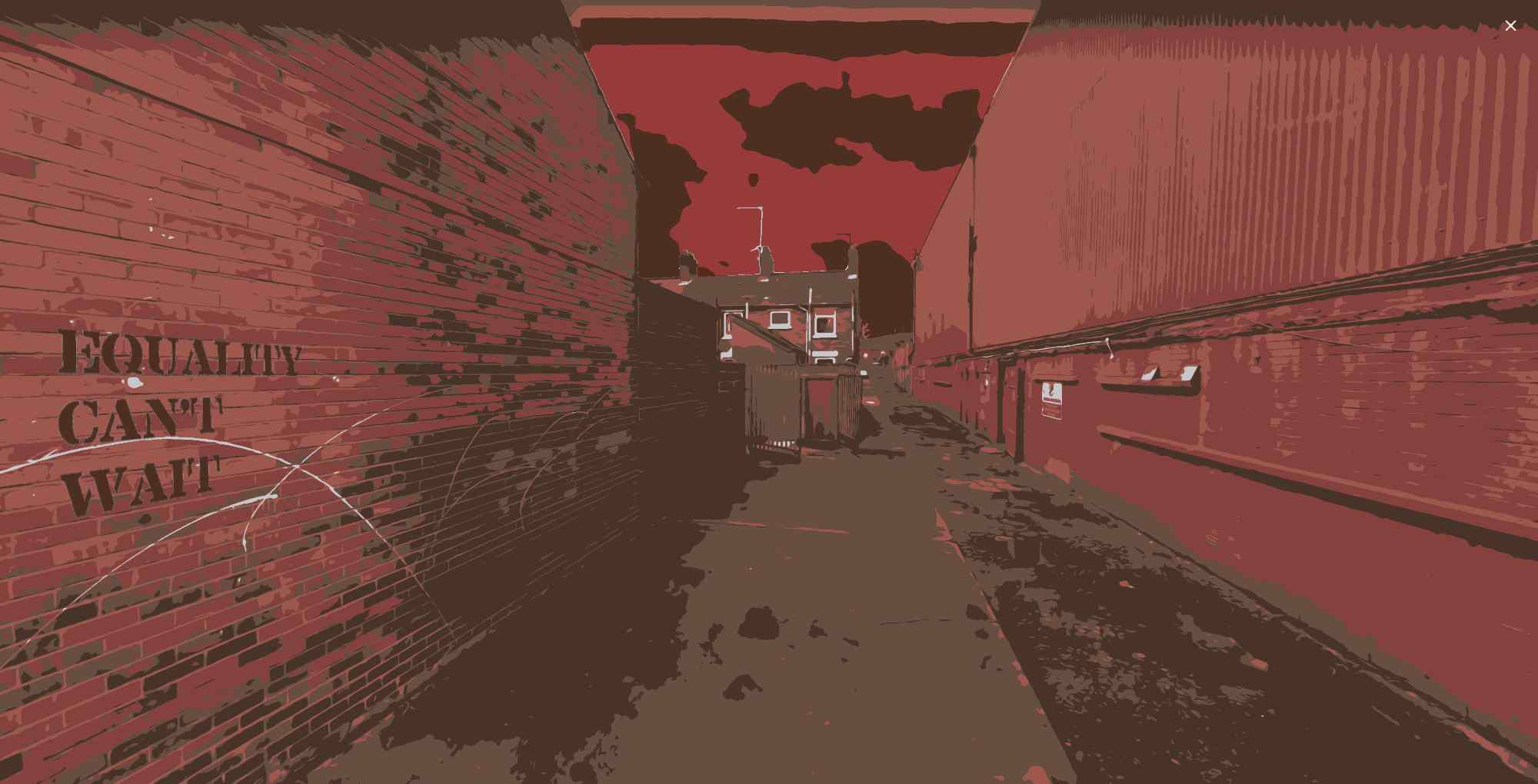
Policy Watch
An eye on policy changes in Ireland, the UK and beyond
Income Inequality and Covid-19 Infection Rates | Structural Racism in the UK | Inequality and Discrimination in Northern Ireland
Income Inequality and Covid-19 Infection Rates
A Center on International Cooperation review of seventy countries’ economic data and Covid-19 infection rates during the first wave in 2020 found that higher levels of income inequality (measured internationally by the ‘Gini coefficient’) correlated strongly with a higher rate of weekly new infections. In what researchers called the ‘inequality wedge’, these higher rates of weekly infections, compounded over time, made a very significant difference in the spread of Covid-19 in the more unequal countries. Other factors, like government effectiveness and urban population levels, also affected spread of the virus.
Structural Racism in the UK
As it emerged that at least two people were listed as ‘stakeholders’ in the government-commissioned Commission on Race and Ethnic Disparities report actually weren’t, the report continues to garner widespread criticism. Baroness Doreen Lawrence said the report had set the fight against racism back by 20 years or more, while BME housing associations and UK charities criticised its stance downplaying institutional racism. News emerged that the original draft was rewritten by Downing Street officials before publication, with the 12 independent commissioners involved not allowed to read or sign off on the final version, or its 24 recommendations, before it was issued.
A Royal Society for Arts, Manufactures and Commerce survey found that 52% of Asian and 50% of black respondents had faced discrimination when accessing local services, compared to 19% of the white population. A spokeperson said of the findings, “the evidence from our research casts serious doubt on the idea that institutional racism is not an issue in the UK. People from ethnic minorities are much more likely to have experienced discrimination in public services”.
Trustees of the Joseph Rowntree Charitable Trust issued a statement on the origins of the Rowntree company wealth – believed to include profits from cocoa and other goods produced by enslaved people – used to establish the three endowed Rowntree Trusts. They acknowledged that this is at odds with the Trusts’ Quaker values and commitment to building a more just society and committed to immediate action to strengthen the Trusts’ contribution to racial justice.
Inequality and Discrimination in Northern Ireland
In the wake of clashes between young people and the PSNI, predominately in loyalist areas, the NI Commissioner for Children and Young People denounced “criminal exploitation and criminal coercion” of children and called for "a sustainable plan to help our children and our families in these communities that are blighted by the aftermath of the conflict". Windows were smashed at three family homes in the Woodburn estate in Carrickfergus in what security forces reportedly described as UVF efforts to force perceived Catholics out.
NI’s Chief Constable addressed the Northern Ireland Policing Board on the PSNI’s issuing of Covid-19 fines and use of ‘stop and search’, found to have been disproportionately directed at people from ethnic minority backgrounds. According to PSNI figures Travellers were the group most disproportionately affected, and people of black, Asian and minority ethnic (BAME) backgrounds made up 4.1% of the total 2020 stops in 2020 despite only making up around 1.8% of the population. Some Policing Board members voiced concern; its Performance Committee continues to monitor the issue.
The African Caribbean Support Organisation Northern Ireland (ACSONI) called on the NI Executive to fulfil its commitment to marking the UN’s International Decade for People of African Descent (2015-2024) as a way of highlighting racism and racial discrimination against descendants of the victims of the slave trade and colonialism. The NIE was criticised last year for failing to progress its Racial Equality Strategy.
